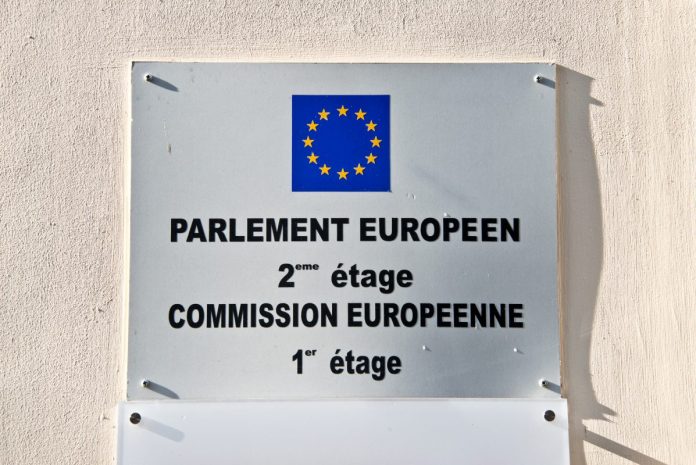The European Parliament has said the European Fund for Strategic Investments should not shave money off the Horizon 2020 research budget to make up funding…
Last week more than 50 UK university leaders lobbied Brussels over proposals to divert research money to a more broadly based strategic investment fund.
The decision, if approved, would see some of the £1.95bn funding earmarked for research through the Horizon 2020 programme transferred to the European Strategic Investment Fund (EFSI).
However, the proposal, which is due to be discussed during talks starting on 23 April, has now been met with opposition from the European Parliament.
European Commission leader Jean-Claude Juncker had received some support from member states to move the money, but the parliament said the EFSI must find funding from elsewhere.
In a bid to calm nerves, Juncker and Research Commissioner Carlos Moedas, said the money that would be diverted represented “only 3.5 per cent” of the overall Horizon 2020 budget. This figure would include €221m funding intended for the European Research Council (ERC). The ERC distributes individual grants for fundamental research.
“After this redeployment, the Horizon 2020 financial envelope is still 38 per cent higher” than that of the previous seven year program, the commission said.
It also claimed the money would not be diverted from science and research. “On the contrary, this is money that will be used to attract much more important sums [from national governments and private investors] that will then be reinvested in innovation.”
However, research organisations have expressed scepticism of the commission’s pledge. In February a group of Nobel laureates urged Juncker to reverse the “misguided and short sighted policy.”
They wrote that cutting funding from Horizon 2020 “send[s] a message that Europe is not the place to do high level science”.
The European University Association also warned that universities would not be able to use the money that is diverted. Instead of research grants, the funding would form capital for loans that many public organisations would not be able to access due to rules for borrowing money.
Furthermore, the European Court of Auditors criticised the EFSI in a report published last month. It said there had been a failure to assess why Horizon 2020 should be diverted and what the consequences of doing so would be.
In a statement, Kurt Deketelaere, secretary-general of the League of European Research Universities, said the European Parliament “appears as the only EU institution defending Horizon 2020.”
Kathleen van Brempt, a Belgian socio-democrat MEP who sits on the Parliament’s industry, research, and energy committee said: “It is completely unnecessary to transfer money from Horizon 2020.”
Van Brempt proposed utilising unused EU funds that are normally returned to national governments at the end of the year to fund EFSI, stating: “There are large enough leftovers to pay for the [EFSI] guarantee fund.”
However, national finance ministers have shown favour for Juncker’s initial plans, preferring to keep the leftover money instead.
Deketelaere concluded that: “We can expect weeks of high political games. The question is who is going to give in.”
He added: “The only condition under which I could live with [cuts to Horizon 2020] is if there are clear links to research and innovation in the regulation, so that we have room for manoeuvre to make [EFSI-funded projects] relevant to research.”












Well, the EP is defending H2020 – although less than a 3% cut to a budget that has increased over 40% is hardly draconian – but at a cost of completely defunding the Investment Plan, putting at risk the EIB’s credit rating, and dooming the plan to fail from the start. Very responsible governance.
Well, to commit in 2013 a vast amount to Research & Innovation was a strong statement from the EU to build a knowledge based European economy … This European budget increase has partially compensated the decrease in R&D at National level. Now, cutting the H2020 would send a confusing message and some budget cuts will have drastic repercussion at the programme level (e.g. the European Institute of Innovation and Technology will be impacted by 40% in 2017). It is also an illusion that the Juncker plan will also benefit R&D as most of the public organisation (universities and research institutes) – because of their legal statutes – can not take advantage of the debt instrument proposed by the Juncker plan through the EIB (i.e. most of public organisation cannot borrow money from a bank).